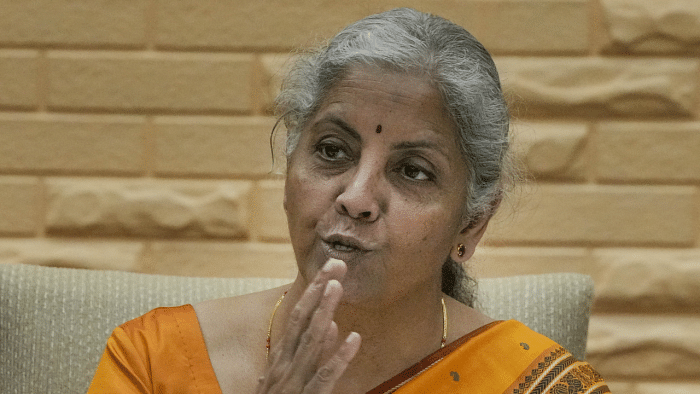
Union Finance Minister Nirmala Sitharaman has repeatedly stressed that banks should appoint staff who speak the local language, but in Karnataka it is a different story altogether. The failure of both public and private sector banks to provide challans and forms in Kannada and appoint staff who can interact in the local language has come in the way of customers, especially in the rural areas, being able to avail of various banking services, including loans.
As a result, Karnataka has a low bank credit to GSDP ratio of 40.5%, which is below the national average of 56.7%. The state also lags its neighbours like Telangana and Tamil Nadu on this metric. Addressing the 75th Annual General Meeting of Indian Banks some time ago, Sitharaman had urged banks to be inclusive in their recruitment and had insisted that staff who could not speak the local language should not be assigned to customer-facing roles.
“When you have staff at the branch level who do not talk in the regional language and who are ‘patriotic’ enough to say “hey, you don’t talk Hindi, maybe you are not Indian” … I think, that doesn’t do any good for business,” she had said. Banks, she had also added, should be proactive and be ready to meet customers wherever they want and do business with them, while keeping the norms intact.
However, in many parts of Karnataka, the absence of an easy channel of communication impacts the readiness of bank employees to venture out and understand crucial information like crop cycles and preferences, use of fertilisers and pesticides — all of which impact the giving and taking of agricultural credit. Ultimately, this reflects on both the service levels and the profitability of banks.
With many bank employees insisting on communicating in Hindi, conflicts between staffers and customers, particularly those who know no other language but Kannada, have become common. There have also been instances of fisticuffs between Kannada activists and bank employees. The state government had instructed regional heads of banks to ensure that employees were able to converse in the local language, and the Kannada Development Authority too had taken up the issue with the Centre. But all these interventions and directives have fallen on deaf ears.
Bank managements have clearly failed to implement repeated instructions both from the Centre and the state and it is unlikely that they will fall in line unless the government cracks the whip. It’s high time that banks, especially the public sector banks, realised that customers have the right to be served in their own language.